Kingdom Worker Ministries Blog
Our Bible tells us that salvation is in Christ alone. To him give all the prophets witness, that through his name whosoever believeth in him shall receive remission (forgiveness) of sins (Acts 10:43). Be it known unto you all, and to all the people of Israel, that by the name of Jesus Christ of Nazareth, whom ye crucified, whom God raised from the dead, even by him doth this man stand here before you whole. This is the stone which was set at nought of (rejected by) you builders, which is become the head of the corner (chief cornerstone). Neither is there salvation in any other: for there is none other name under heaven given among men, whereby we must be saved (Acts 4:10-12). Jesus saith unto him, I am the way, the truth, and the life: no man cometh unto the Father, but by me (John 14:6).
And being found in fashion (appearance) as a man, he humbled himself, and became obedient unto death, even the death of the cross. Wherefore God also hath highly exalted him, and given him a name which is above every name: that at the name of Jesus every knee should bow, of things (those) in heaven, and things (those) in earth, and things (those) under the earth; and that every tongue should confess that Jesus Christ is Lord, to the glory of God the Father (Philippians 2:8-11).
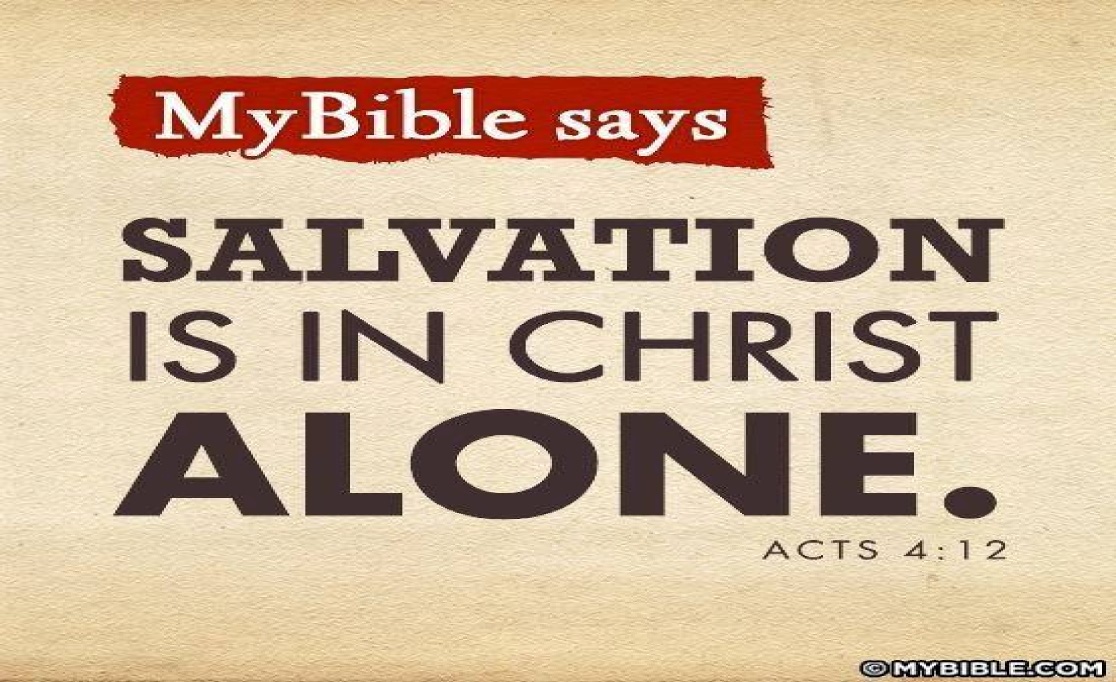
Our God is a “faith God.” Everything pertaining to God involves “faith” on our part. There are many definitions for faith, but the one we are drawn to most for the purpose of this commentary says, “faith is trust in somebody or something, especially without logical proof.” For the believer, faith is trusting in, believing in and/or depending upon God and accepting that he exists when there is no physical proof of its existence or of its reality.
Now, before any of you get upon that righteous horse and start responding with all of the things that you have found that proves God’s existence, know this, it is “Through faith we understand that the worlds were framed by the word of God, so that things which are seen were not made of things which do appear” (Hebrews 11:3). Though we can see this physical world, it is only through faith that we believe that “In the beginning God created the heaven and the earth” (Genesis 1:1).
“But without faith it is impossible to please him: for he that cometh to God must believe that he is, and that he is a rewarder of them that diligently seek him (Hebrews 11:6).

Prayer is always an interesting subject because of the many aspects of it. In its most basic form, prayer is nothing more than how we communicate with God and is one of the greatest privileges on earth for the believer. It is also one of the most misused and most abused things in a believer’s life. We have become a “microwave society,” where we want what we want immediately. We do not want to wait for anything or anyone, especially God. We try to package him up like “a cheap TV dinner” that we can microwave into an instant relationship once the timer goes off. We are seeking the easy way out of our situations and quick fixes to all our problems. We continually try to receive these quick fixes, expecting God to hit us with some magical wand, and instantly fix whatever problems we have. We think that God is “a cosmic bellhop” who will do whatever we want, whenever we want, but that is not how the system works. Most people believe that just as long as they can somehow pray, everything will be fine. What they don’t realize is that there is a “right way” to pray and there is a “wrong way” to pray.
“Prayer” is defined as “the act or practice of praying, as to God; an earnest request; entreaty; supplication; a humble and sincere request to God or a god; an utterance to God in praise, thanksgiving, confession, etc.; any set formula for praying, as to God; in some religions, a devotional service consisting chiefly of prayers; any spiritual communion with God; something prayed for or requested, as in petition.”
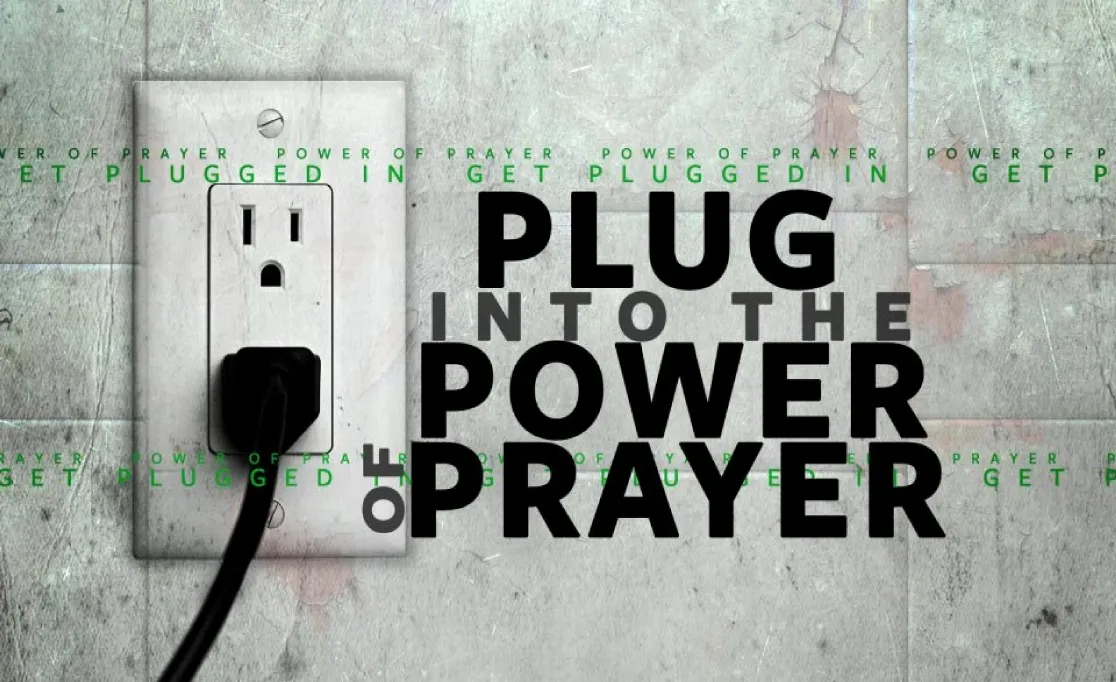
Did you know that we are supposed to imitate God?
“Follow God’s example in everything you do just as a much loved child imitates his father. Be full of love for others, following the example of Christ who loved you and gave himself to God as a sacrifice to take away your sins. And God was pleased, for Christ’s love for you was like sweet perfume to him” (Ephesians 5:1-3 TLB).
Yes, we are to imitate God. But in order to imitate someone or to follow their examples, one would have to know all there is to know about the one being imitated or followed. According to scripture, “God is love.”
“Dear friends, let us practice loving each other, for love comes from God and those who are loving and kind show that they are the children of God, and that they are getting to know him better. But if a person isn’t loving and kind, it shows that he doesn’t know God—for God is love” (I John 4:7-8 TLB).

We live in a fallen world, where we are constantly bombarded with negative things. We live in a time where the ungodly appear to get more and more prominence. We live in a world where nearly all of the reports we hear through the news media are all negative. We live in a time where one has to make a deliberate effort to be positive and counter this negative culture that we live in.
“A Psalm of David, when he changed his behavior before Abimelech; who drove him away, and he departed. I will bless the Lord at all times: his praise shall continually be in my mouth. My soul shall make her boast in the Lord: the humble shall hear thereof, and be glad. O magnify the Lord with me, and let us exalt his name together” (Psalm 34:1-3).
Praising God is something that we are supposed to do all the time. When we check our praise life, it is like checking our spiritual pulse. If we are not praising God and if we do not have a life that is constantly giving thanksgiving and praise unto God, then we are not spiritually healthy. From a spiritual standpoint, there is no excuse for anyone not to praise God. This is not to say that there may be a reason why one does not praise God, but there is no excuse as to why one should not praise God. Most people want to wait until everything is perfect before they give God praise, but the problem with that notion is that they will not be praising God often or they will not be praising God at all.
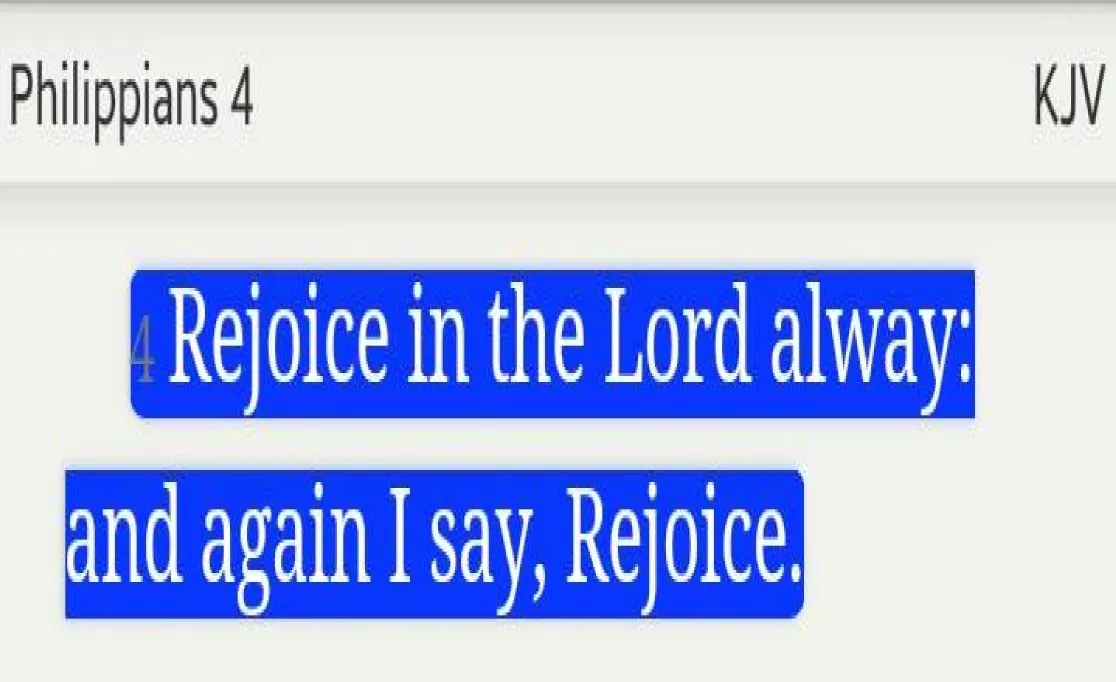
God warns us not to believe every spirit, which is great advice. He tells us “to test the spirits to see whether they are of God” (I John 4:1), which so few of us do. However, there is one major problem, a flaw, if you will with this testing of the spirits. The testing of the spirits does absolutely nothing if the answers to the test are not available to the one performing the test. A teacher who gives students a test will already possess the correct answers before giving a test, which enables the teacher to determine if the answers from the students are correct or not. In order to test, you must have some knowledge of the truth, for without it, you place yourself in a position where the wolves will devour you. This is why everything is important as it pertains to the Bible, no matter how trivial it may appear to be. The same applies to the one that we profess to follow, every little detail about him is very important. The one thing that we all have to understand is that one misspoken or misprinted word can alter the truth, slightly turning what once was truth into an untruth, a deception, a lie, a counterfeit.
Because we do not know the real thing, we accept the counterfeit. The counterfeit to the average person appears to be the real thing. The intent or the purpose of a counterfeiter is to make or forge a copy of the original usually with the intent to deceive. Please understand that the counterfeit exists for the sole purpose of defrauding or deceiving someone. God warns us that Satan can transform himself into a counterfeit of the real deal. He also tells us to be on the lookout for “the wolves in sheep’s clothing” that appear to be prophets, for they are not kind (Matthew 7:15). The strength of the deception is such that “many shall be led or carried away” (Matthew 24:5), which would include those that were thought to stand fast or those thought to be the elect.
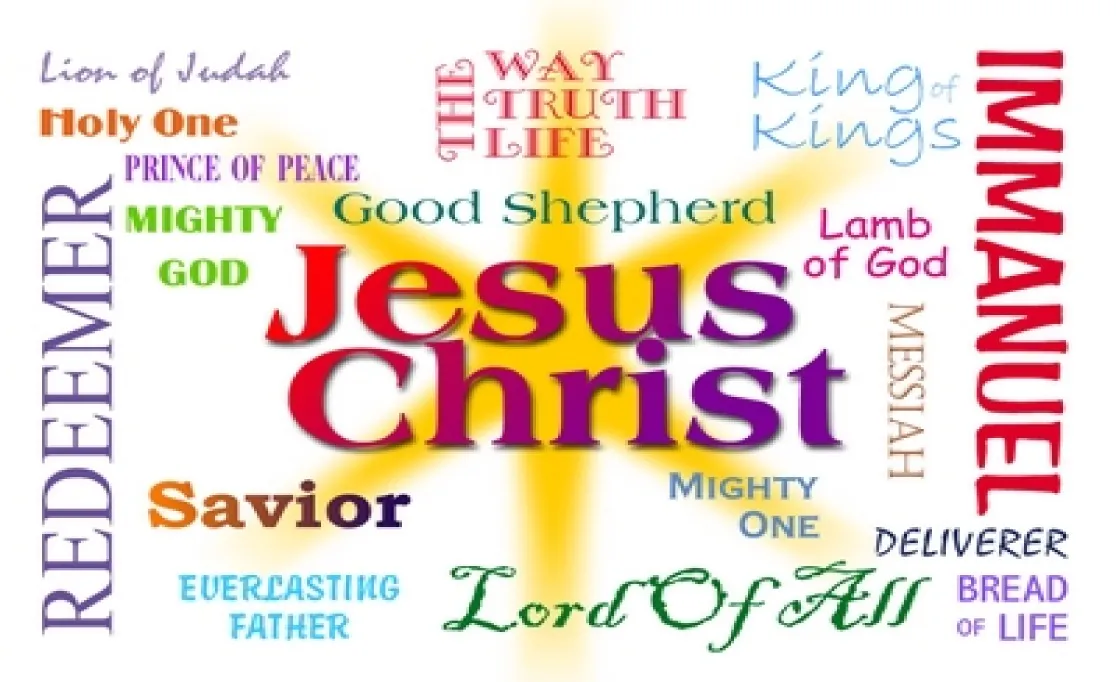
Previously, we talked about what “the last Adam’s” (I Corinthians 15:45) ability “to seek and to save that which was lost,” which was the authority or dominion that “the first Adam” had lost in the garden when he ate of the fruit. Though many believe the son of man’s main purpose for coming was to save individual lost souls, we know that saving lost souls was “the by-product” of what he actually did. In getting back this “authority (dominion),” Jesus gave us “the power or authority over all of the power of the enemy,” which we know is the devil. He also gave us the “authority” to use “his name, the name of Jesus, to cast out demons (Mark 16:17 NKJV).”
“Yet it was because of this that God raised him up to the heights of heaven and gave him a name which is above every other name, that at the name of Jesus every knee shall bow in heaven and on earth and under the earth, and every tongue shall confess that Jesus Christ is Lord, to the glory of God the Father” (Philippians 2:9-11 TLB).
“The name of Jesus” has incredible power. For at the very “name of Jesus,” every knee shall bow in heaven, on the earth, and under the earth and every tongue shall confess that Jesus is Lord. All of this power in a name because God gave him a name that is above every other name.
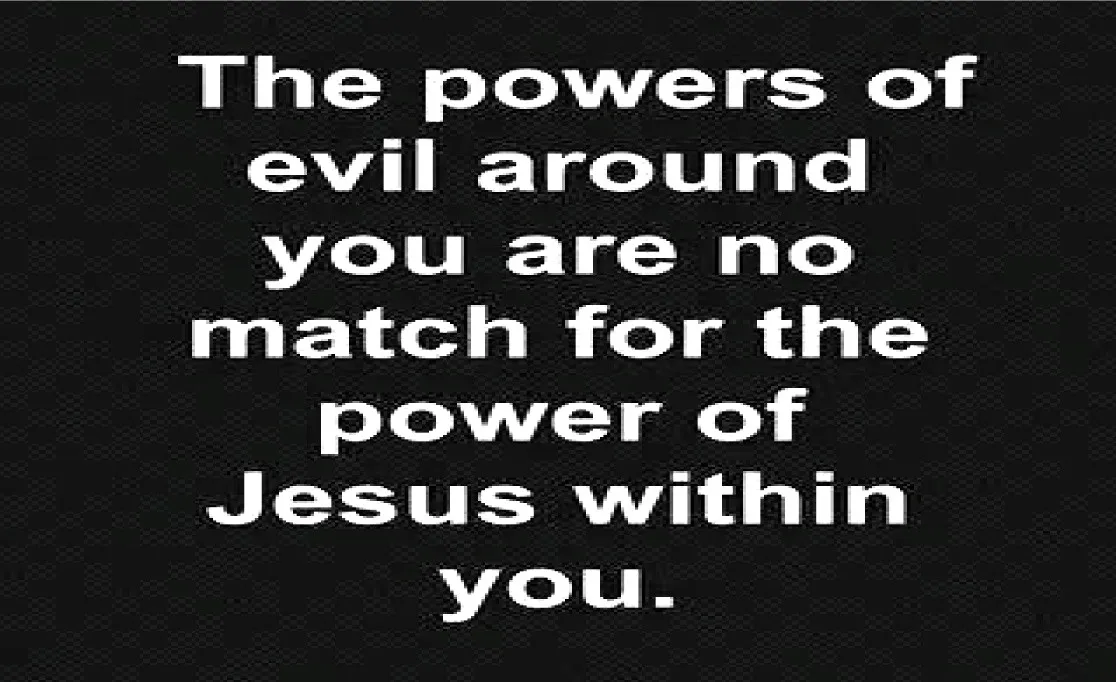
There were many things lost because of the disobedient actions of “the first man, Adam.”
“Wherefore, as by one man sin entered into the world, and death by sin; and so death passed upon all men, for that all have sinned” (Romans 5:12).
Not only did the “first man” bring sin and death into the world, he also gave away the authority, the dominion that God had gave him.
“And God said, Let us make man in our image, after our likeness: and let them have dominion over the fish of the sea, and over the fowl of the air, and over the cattle, and over all the earth, and over every creeping thing that creepeth upon the earth. So God created man in his own image, in the image of God created he him; male and female created he them. And God blessed them, and God said unto them, Be fruitful, and multiply, and replenish the earth, and subdue it: and have dominion over the fish of the sea, and over the fowl of the air, and over every living thing that moveth upon the earth” (Genesis 1:26-28).

Recently, we talked about “taking a snapshot” of you and your faith. The purpose of “that snapshot” was not to give you a picture of where you wanted to be with your faith but to reveal to you where you were with your faith and where your faith currently stood. Just in case your faith is not where it should be, we thought it would be encouraging to look at a portion of the life of Abraham (Abram before his name changed), who would later become known as “the father of the faithful” and see how he ended up with that honor.
“Clearly, God’s promise to give the whole earth to Abraham and his descendants was based not on his obedience to God’s law, but on a right relationship with God that comes by faith. If God’s promise is only for those who obey the law, then faith is not necessary and the promise is pointless. For the law always brings punishment on those who try to obey it. (The only way to avoid breaking the law is to have no law to break!) So the promise is received by faith. It is given as a free gift. And we are all certain to receive it, whether or not we live according to the law of Moses, if we have faith like Abraham’s. For Abraham is the father of all who believe. That is what the Scriptures mean when God told him, ‘I have made you the father of many nations.’ This happened because Abraham believed in the God who brings the dead back to life and who creates new things out of nothing” (Romans 4:13-17 NLT).
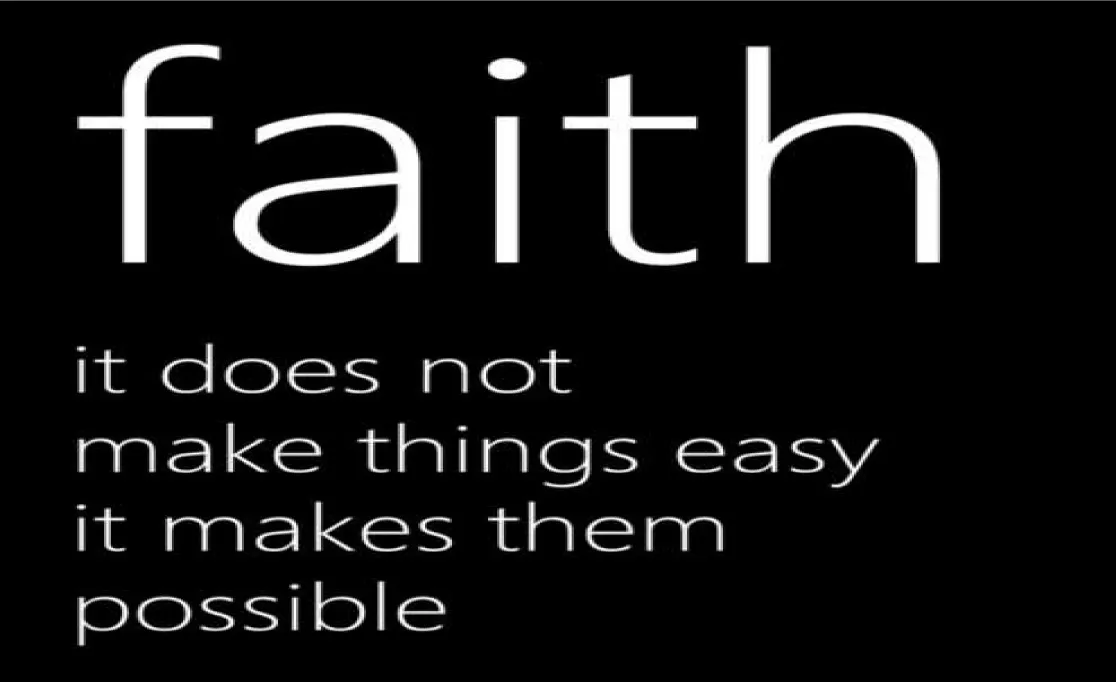
A registered 501(c)(3) nonprofit organization
EIN 84-2866702.
Office Hours:
Meetings available upon request.
Get in Touch
Phone:
(540) 382-9132
Mailing Address:
Kingdom Worker Ministries
P. O. Box 33
Christiansburg, VA 24068-0033
